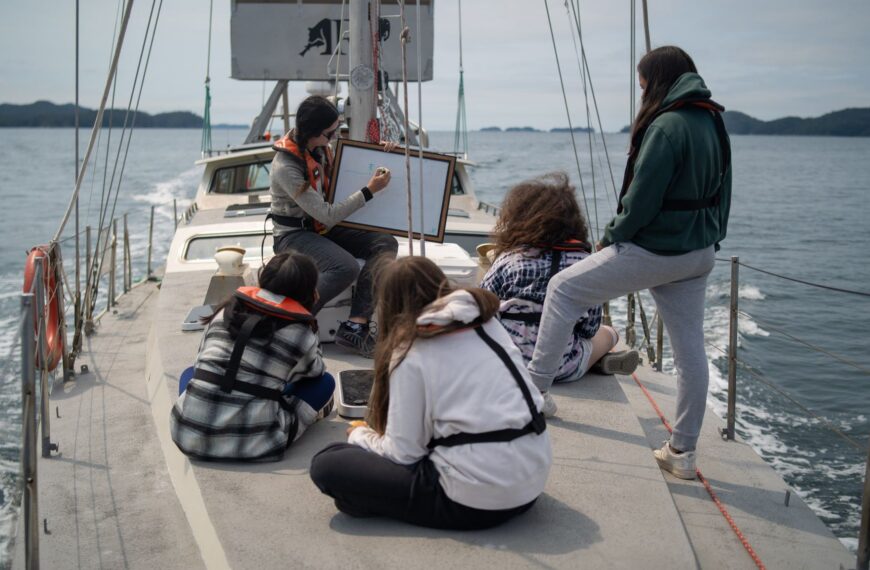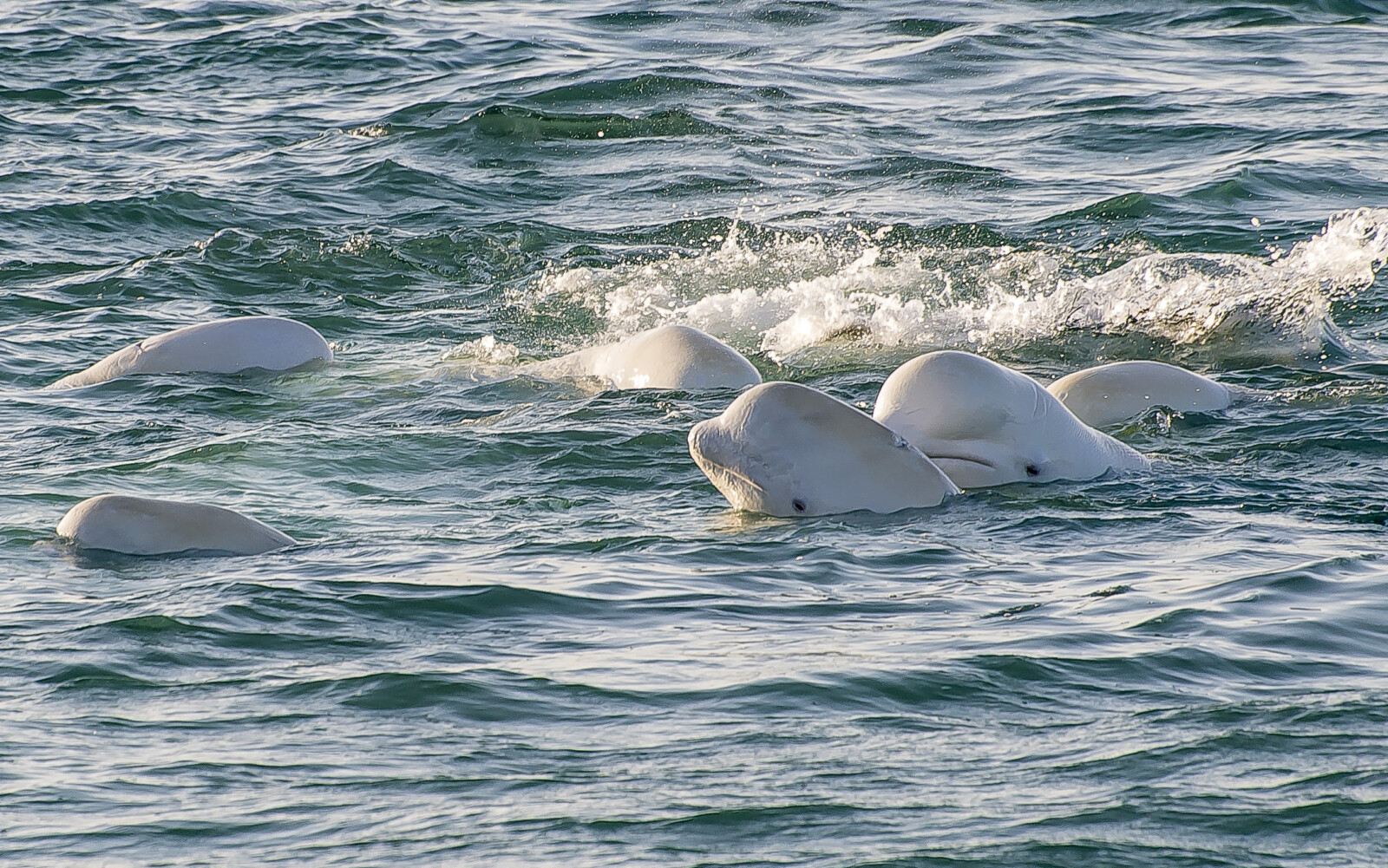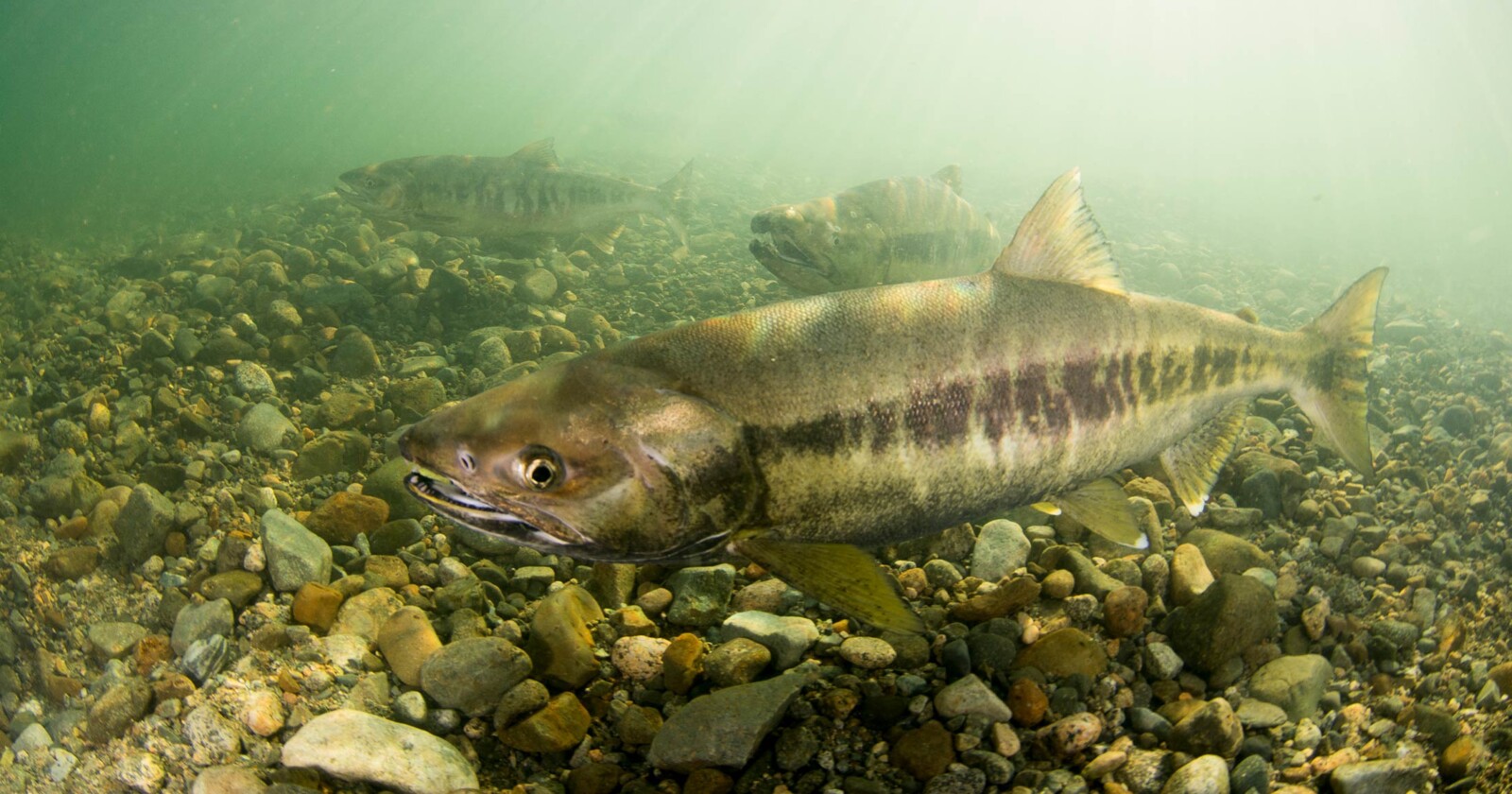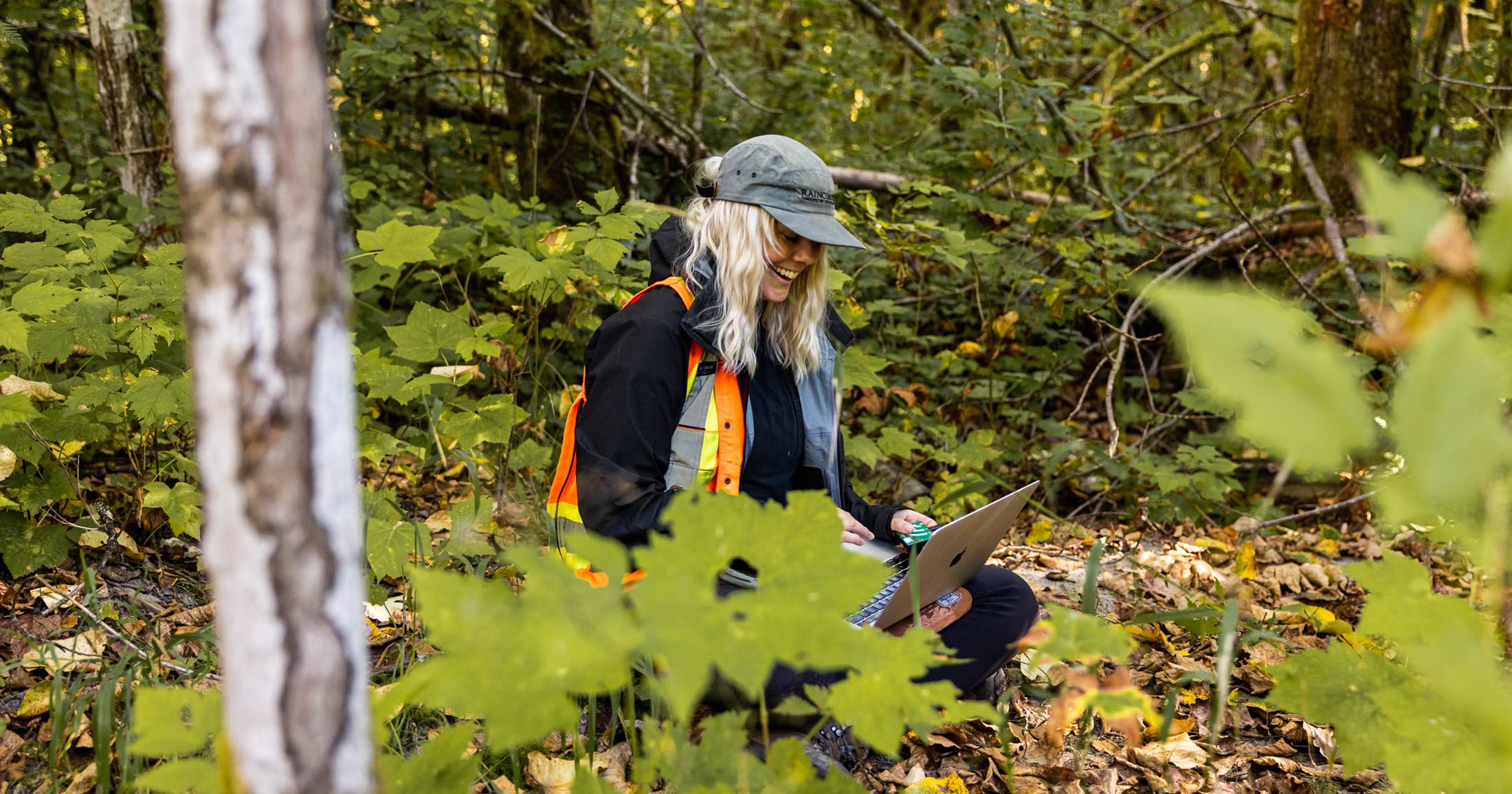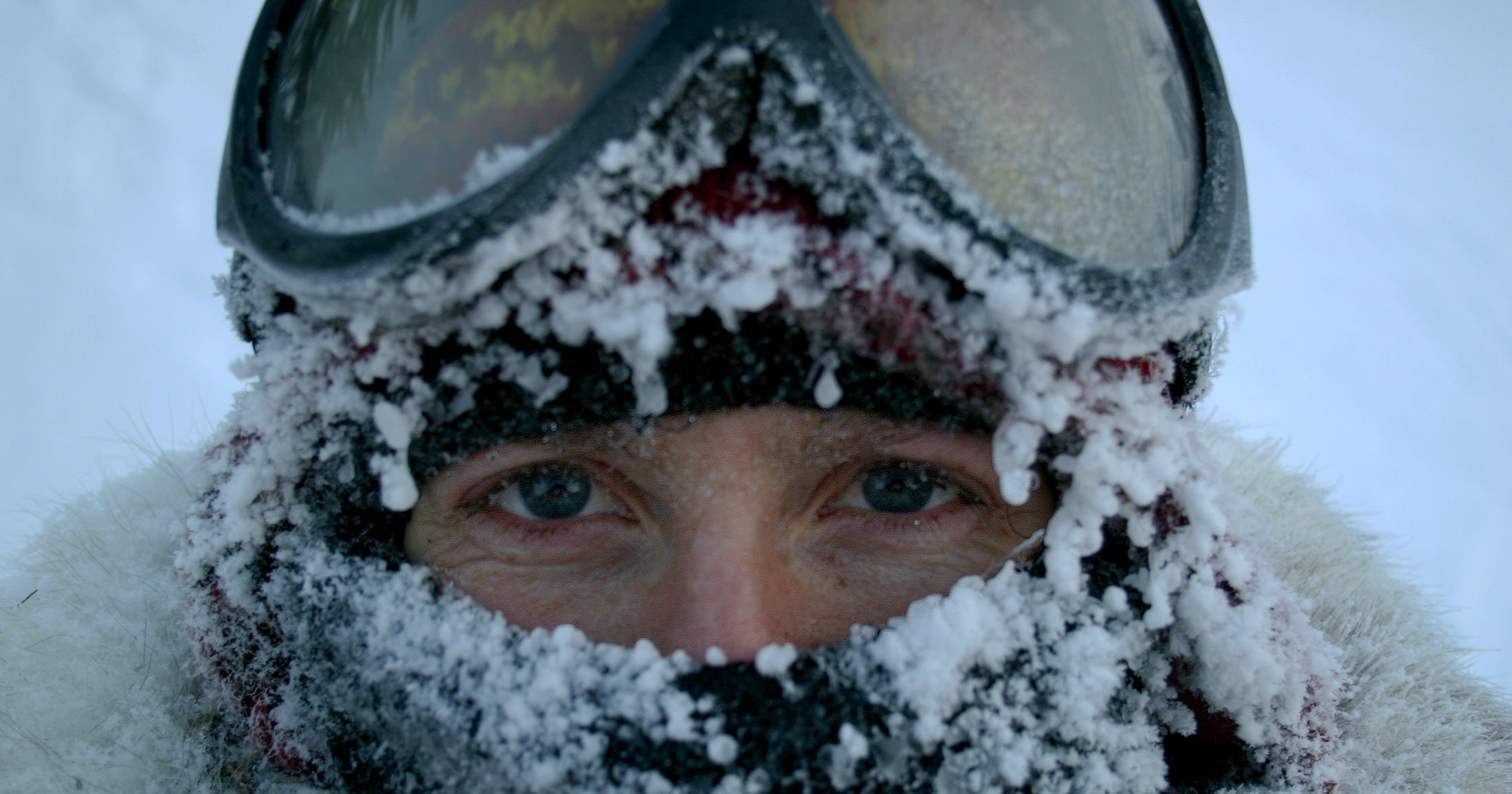Humpback whales rebound from near extinction, move down on at-risk species list
THE GLOBE AND MAIL
MARK HUME
VANCOUVER — The Canadian Press
Published Tuesday, Apr. 22 2014
Once hunted to the verge of extinction, the humpback whale has made such a remarkable comeback in the North Pacific that its status has been down-listed on Canada’s infamous list of species at risk.
The change, made quietly over the Easter weekend when a notice was published in the Canada Gazette, removes one environmental hurdle for proposed pipeline projects in British Columbia, which would lead to an increase in oil tanker traffic on the West Coast. Critics say that is the real motivation for moving humpbacks from “threatened” to “special concern.”
But Trevor Swerdfager, assistant deputy minister of ecosystems for Fisheries and Oceans, says the change is about only one thing – the amazing rebound of a species that whaling ships had almost wiped out by the mid-1900s…
Mr. Swerdfager said the Committee on the Status of Endangered Wildlife in Canada, which recommended that government down-list humpbacks, considered potential dangers in assessing the status of the species…
But Chris Genovali of Raincoast Conservation Foundation is suspicious of what motivated the change.
Mr. Genovali says the status down-list means the federal government no longer has to come up with a recovery strategy for the species – because it is no longer classified as “likely to become endangered if nothing is done” – and that means the government doesn’t have to protect the critical whale habitat found on potential oil tanker routes.
“A change of status for these whales would place them in jeopardy of threats posed by Northern Gateway and the Trans Mountain expansion project,” he said. “I think the move to down-list humpback whales [is] a sleight-of-hand approach, which the government has used before to remove environmental obstacles that they fear are interfering with their stated agenda, which is getting Northern Gateway moving forward.”
To read the full article please visit the Globe and Mail website.
You can help
Raincoast’s in-house scientists, collaborating graduate students, postdoctoral fellows, and professors make us unique among conservation groups. We work with First Nations, academic institutions, government, and other NGOs to build support and inform decisions that protect aquatic and terrestrial ecosystems, and the wildlife that depend on them. We conduct ethically applied, process-oriented, and hypothesis-driven research that has immediate and relevant utility for conservation deliberations and the collective body of scientific knowledge.
We investigate to understand coastal species and processes. We inform by bringing science to decision-makers and communities. We inspire action to protect wildlife and wildlife habitats.



